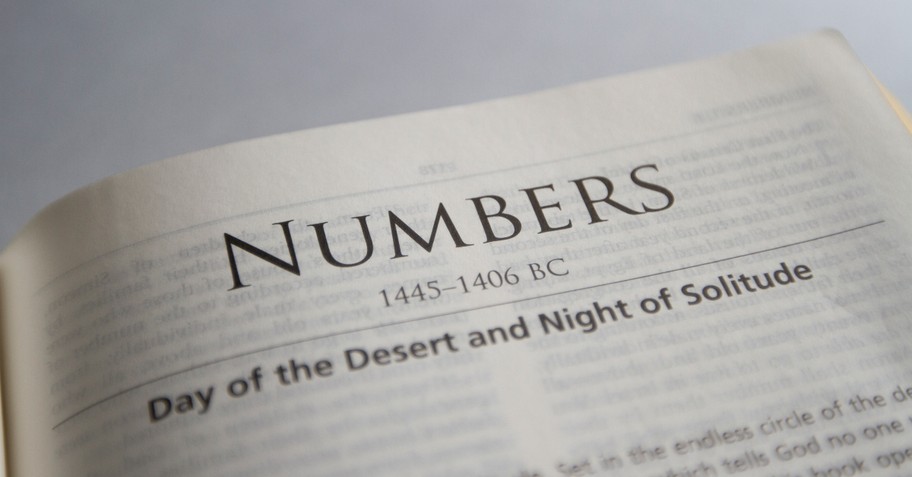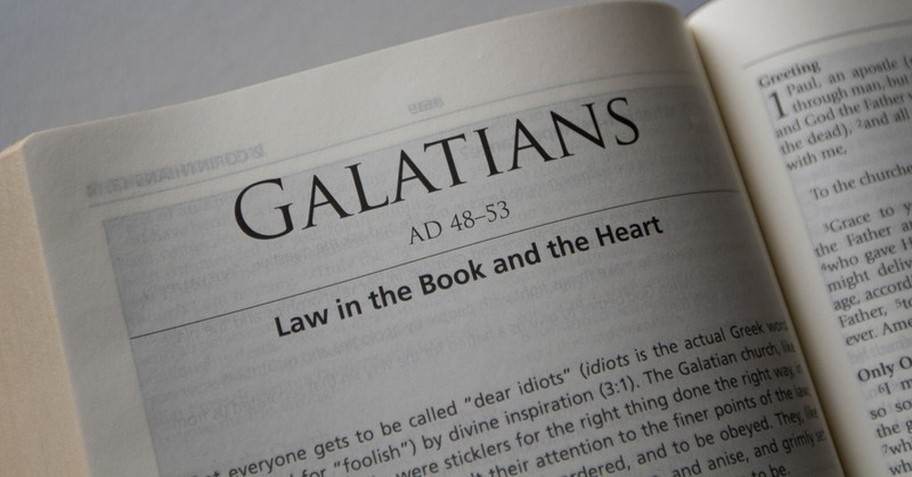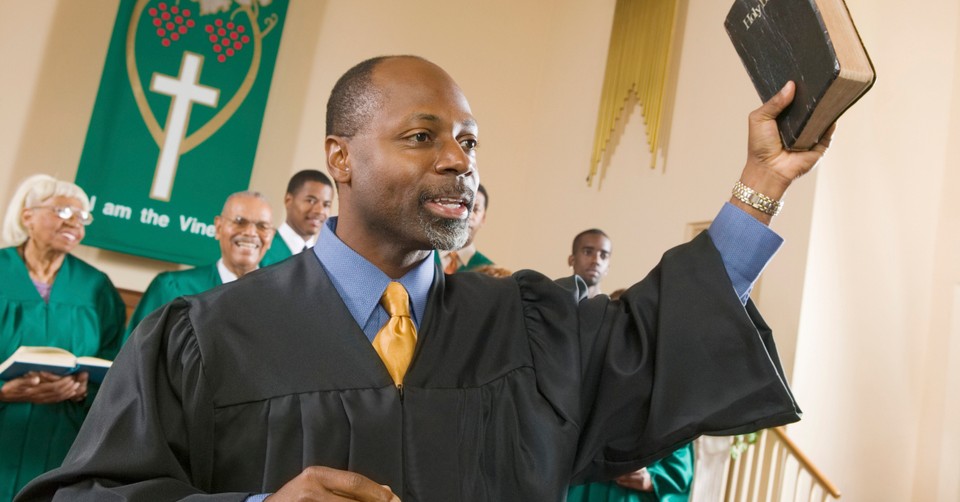Godly leadership. We can point to several examples in the Bible of flawed people who want to pursue God with all their hearts. Although we could pinpoint dozens of examples from a single book of the Bible alone, we'll tackle two Old Testament and two New Testament godly leaders in the Bible. Although they lived hundreds of years ago, these godly leaders can help us to discover how to lead with modern problems we encounter today.
Photo Credit: ©GettyImages/IPGGutenbergUKLtd

1. Joshua and Caleb (Numbers 13-14)
Israel had spent a long time wandering in the desert. They, at last, had reached the Promised Land, something they’d yearned for since their time in Egypt. When they reached the land, they noticed it already had some occupants.
Considering they’d waged war against a great deal of nations prior to that, they entered with caution. They sent 12 spies to scope the land and discover just what exactly they were up against.
The spies returned with this report in Numbers 13:27-28: “They gave Moses this account: “We went into the land to which you sent us, and it does flow with milk and honey! Here is its fruit. But the people who live there are powerful, and the cities are fortified and very large. We even saw descendants of Anak there.”
The Good: The land had milk and honey. Not only have archeological excavations of Jericho proven this was literally the case, but it proved the land had abundance, just as God promised.
The Bad: The people who inhabited the land had a massive height.
Whether literal or figurative giants (you decide based on the interpretations of “descendants of Anak”), 10 of the spies said, “no go” to taking over the land.
Only Joshua and Caleb tried to convince the people to proceed with God’s instructions, asserting that God would provide and take care of them. Israel decided to listen to the majority, and this prevented a huge portion of them from entering the Promised Land. Only Joshua and Caleb, of the 10 spies, got to see themselves step foot and inhabit Jericho.
What they teach us about godly leadership: A godly leader doesn’t cave to peer pressure. They follow the path God has paved before them, no matter what giant (literal or metaphorical) appears to stand in their way.
Photo Credit: ©Sparrowstock

2. Nathan the Prophet, and King David (2 Samuel 12, Psalm 51)
Understatement of the millennia: King David had messed up. He had raped Bathsheba, the wife of one of his friends, and sent his friend Uriah to die in battle to cover up Uriah’s wife’s pregnancy. Just before this, David attempted to get Uriah to sleep with his wife to make the pregnancy less suspicious, but Uriah refused, considering there was a war going on and he needed to keep his head in the game.
But as we’ve seen in the history of kings (whether in the Bible or from extra-biblical sources) they can get away with whatever they want. And that appeared the case with David until the prophet Nathan stepped in.
Prophets had an infamous reputation in the Old Testament. They would often tell kings what they didn’t like to hear—sometimes earning themselves execution or exile. If you want some great examples of this, take a look at Elijah versus Ahab and Jezebel in 1 Kings.
Nathan, undeterred, tells David a parable about a man who had many sheep, but he slaughtered his neighbor’s one lamb (whom the neighbor treated like a son). David, enraged, says that they should kill this man. Where Nathan famously says, “Thou art the man.”
Nathan said what many people who advised David probably thought but didn’t have the guts to speak aloud. In our modern culture, we get skittish around the idea of calling people out for living in sin or committing acts of evil within the church. But as Christians, we cannot allow for evil to abide.
What he teaches about godly leadership: Leaders rebuke people who have committed a heinous wrong. They do not allow for sin to continue but spur one another on in doing good.
Photo Credit: ©GettyImages/BananaStock

3. Paul (Galatians 2:11-14)
But when Cephas [Peter] came to Antioch, I opposed him to his face, because he stood condemned. For before certain men came from James, he used to eat with the Gentiles. But when they arrived, he began to draw back and separate himself from the Gentiles because he was afraid of those who belonged to the circumcision group. The other Jews joined him in his hypocrisy, so that by their hypocrisy even Barnabas was led astray. When I saw that they were not acting in line with the truth of the gospel, I said to Cephas in front of them all, “You are a Jew, yet you live like a Gentile and not like a Jew. How is it then, that you force Gentiles to follow Jewish customs?” – Galatians 2:11-14
Paul had already run into a number of Christians dividing over issues like circumcision and whether Jewish versus Gentile widows received proper food rations (Acts 6). So you can imagine his frustration when Peter, one of the pillars of the Early Church, fell prey to these divisions.
Peter succumbed to peer pressure and refused to eat with the Gentiles. Because of Peter’s clout, others follow suit and avoid fellowshipping with Gentiles. Paul calls him out on this.
You can also imagine that Paul—although outspoken—may have still had to pluck up a little courage to do this. Peter had known Jesus for far longer, and it took people in the church community a while to warm up to Paul (considering Paul had killed many Christians before he became one). Still, he rebukes Peter, publicly, and steers him in the right direction.
What he teaches about godly leadership: We can often let a social hierarchy or someone’s authority deter us from speaking the truth to one another. But like Paul, godly leaders seek to unite, rather than divide and will alert one another to the truth, no matter how painful or socially uncouth.
Photo Credit: ©Sparrowstock

4. Jesus (Luke 5:16)
Of course, one cannot talk about godly leadership without pointing to the ultimate example: Jesus Christ.
But today, we want to focus on a passage the church doesn’t often talk about Luke 5:16. The verse says that Jesus often drew to places to be in solitude. Jesus rests, Jesus prays, and Jesus develops a divine rhythm.
Ask any pastor, and they can tell you that they feel stretched like taffy. Many churches have them playing the roles of counselor, youth leader, event organizer, budget planner, and pastor all in one. In fact, any godly leader probably feels burnt out, depressed, and in need of a vacation.
When we want to shepherd Christians and evangelize in our community, we can often forget that that also includes times of stepping away and being in solitude. Christ even had to get on a boat once because of the sheer size of a crowd. Still, he found ways to draw away and spend time with the Father.
What he teaches about godly leadership: Leadership requires a divine rhythm. We cannot go, go, go all the time. Our bodies need rest and need rejuvenation through the Word of God and spending time with our Lord.
Recommended for You:
The Important Biblical Meaning for Today of ‘Am I My Brother’s Keeper’
3 Things Leaders Should Know about Eli
8 Wonderful Ways to Bow Down and Worship Like David
9 Essential Qualities of a Godly Leader
What 7 Simple Lessons Are Hard for Leaders to Learn?
Photo Credit: ©GettyImages/Ryan Rad
Originally published February 05, 2025.







